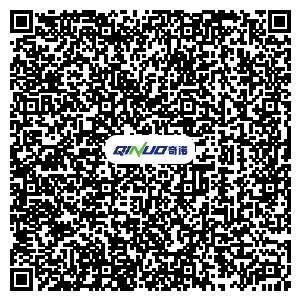With the rapid development of technology, the design and functionality of garage door remote controls have continuously evolved, bringing great convenience to people's lives. In recent years, a series of technological advancements and innovations have profoundly influenced the design and functionality of garage door remote controls.

Firstly, the rise of intelligent technology has had a significant impact on the design of garage door remote controls. Traditional garage door remote controls often utilized simple button operations with relatively limited functionality. However, with the development of intelligent technology, today's garage door remote controls offer more complex and intelligent operations. For instance, through mobile phone applications, users can remotely control the opening and closing of the garage door, set timed operations, and even monitor the status of the garage door in real-time. This intelligent design enriches the functionality of garage door remote controls and satisfies users' diverse needs.
Secondly, the widespread application of the Internet of Things (IoT) technology has also opened new possibilities for the design of garage door remote controls. IoT technology enables garage door remote controls to connect with other smart devices, facilitating more convenient operations. For example, when users leave their homes, the garage door remote control can communicate with the home security system to automatically close the garage door, enhancing home security. Additionally, by connecting to smart home systems, users can control the garage door remote control through voice commands, further enhancing usability and convenience.
Moreover, the continuous progress of wireless communication technology has also contributed to the expansion of garage door remote control functionality. Traditional garage door remote controls primarily utilized radio frequency technology for communication, while modern remote controls support more advanced wireless communication technologies such as Bluetooth and Wi-Fi. The adoption of these technologies allows garage door remote controls to have longer communication ranges and more stable signals, improving reliability and convenience.
Simultaneously, as concerns about security and privacy have grown, the secure design of garage door remote controls has received increased attention. Modern garage door remote controls employ advanced encryption techniques and security protocols to ensure the safety and privacy of user information. Furthermore, some advanced remote controls even feature anti-theft alarm functions that trigger alerts when unauthorized individuals attempt to enter the garage or tamper with the remote control signal, safeguarding users' property.
In terms of functionality, garage door remote controls continue to innovate. Beyond the basic opening and closing functions, advanced remote controls offer features like temperature sensing and automatic adjustment of door opening speeds. For instance, during cold winter days, the remote control can sense the temperature inside the garage and automatically adjust the door opening speed to prevent cold air from entering. Similarly, during hot summer days, it can activate ventilation equipment in advance to ensure a comfortable temperature inside the garage.
In conclusion, recent technological advancements have profoundly influenced the design and functionality of garage door remote controls. The progress in intelligent technology, IoT, wireless communication, and security technology has enriched the functionality of garage door remote controls, making them more convenient and secure to operate. As technology continues to evolve, we can expect further innovations and improvements in the design and functionality of garage door remote controls, bringing even more convenience and surprises to people's lives.

-
Office ViewQinuo Electronics Co., Ltd.was founded in 2009,it is a high-tech company that integrated R & D, manufacturing, sales and service for 15 years,which is mainly specialized in providing sensors of automatic door, control system of door and gate, car key remote, auto parts etc. The company currently has four independent brands: U-CONTROL, U-SENSORS, U-AUTOGATES and U-AUTOKEYS.
-
got questions? call us
+86 13960286508
-
fax :
+86 595 22901208 -
Email :
[email protected]
-
address
- No.991 Xingxiu Road,Taiwanese Investment Zone, Quanzhou, Fujian Province,P.R.China











